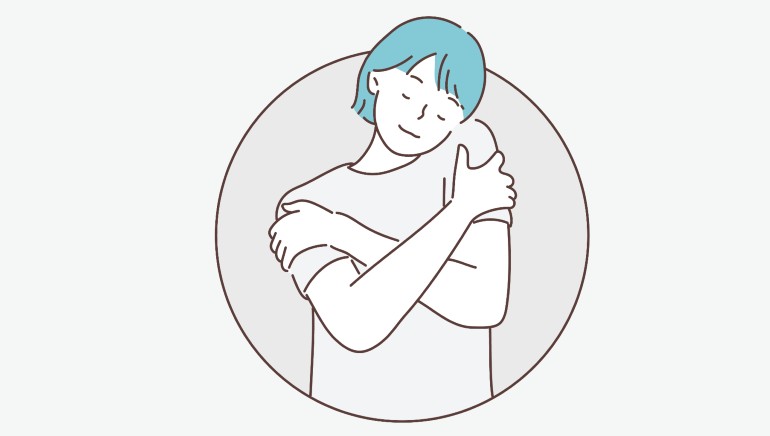Body dysmorphic disorder: A celebrity psychologist reveals what you need to know

- 114
Currently, people all over the world are becoming more vocal about body positivity and its strong link to our mental health. Irrespective of our gender, most of us have been bullied, at some point or the other, for looking a certain way.
Too fat, too skinny, too dark, too tall – no matter how you look, you will be judged. Bullies often don’t even realize that their words can have mental health implications, leading to the development of body dysmorphic disorder.
Brands are increasingly realizing the importance of body positivity and hence, joining the movement to spread awareness. Towards that end, they’re designing various campaigns that include models of all sizes and races to amplify the message of body positivity.
The aim of the body positivity movement is to acknowledge the fact that preconceived notions about beauty can have a significant impact on the mental health of people, leading them to believe they need to ‘fix’ themselves in order to gain acceptability in society. This can also lead to the development of body dysmorphia.
What is body dysmorphic disorder?
According to Dr Ishita Mukerji, Clinical Director & Senior Psychologist at Kaleidoscope, body dysmorphic disorder or dysmorphophobia is characterized by a preoccupation with an imagined or slight defect in appearance which causes clinically significant distress or impairment in social, occupational and other areas of functioning. It is a fairly common but severe disorder that markedly affects the quality of life.

Those who suffer from this disorder can’t stop thinking about their perceived defects or flaws, leading to feelings of embarrassment and anxiety to the extent that social interactions are avoided. It could also result in overthinking about physical details that are barely noticeable or not visible to other people.
Here are some causes that can lead to body dysmorphic disorder
- Recent research suggests that there are several causal factors that have been found linked to body dysmorphic disorder, such as
- Genetic factors and low level of the neurotransmitter serotonin
- Abuse or bullying in childhood or adolescence
- Fear of rejection and feelings of low self-esteem, shame, embarrassment, unworthiness, and being unlovable
- Fear of being alone or isolated
- Family history of mood disorders like depression, anxiety and OCD
![ghosting]()
Depression can also trigger body dysmorphia. Image courtesy: Shutterstock
You need to watch out for these symptoms
- Preoccupation with one or more imperfections in a person’s appearance that is minimal or non-existent.
- Repeatedly checking the mirror, touching, rubbing or picking at the perceived flaw, staring at the defect or making comparisons with others.
- Frequently visiting a dermatological or cosmetic surgeon to correct the perceived defect.
- Significant distress, leaving the person unable to function effectively in social, occupational, and other areas of life.
Seek help and deal with body dysmorphic disorder
Understanding the signs and symptoms of body dysmorphic disorder is important as it helps in seeking timely medical intervention. A combination of psychotherapy and medication hs proven to be helpful in terms of combating the effects of body dysmorphic disorder.
This is because:
- Cognitive behaviour therapy is designed to teach individuals to challenge negative thoughts and adopt a more rational way of thinking.
- Medications, such as antidepressants, may be effective in managing negative emotions.
- Avoid any alcohol or recreational drugs as they may negatively impair such symptoms. Engaging oneself in physical activity and exercise also helps in managing symptoms such as stress and anxiety.
“One should seek therapy as a means of self-care and growth. It’s important to understand that reaching out to an expert is not a sign of weakness. The sooner one seeks help and understands his/her symptoms, the better the chances of recovery. When you notice that the symptoms are interfering with your day-to-day activities and you are experiencing a lot of disturbing thoughts related to your appearance, you should seek help to keep things from getting worse, especially if these symptoms last for a considerable period of time,” suggested Dr Mukerji.
So, ladies, it is time to accept yourself!
Get latest updates on health and wellness along with Mind, Emotional Health, Happiness Hacks, Mental Health











